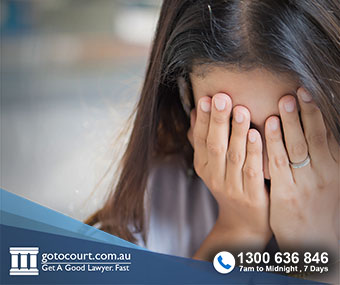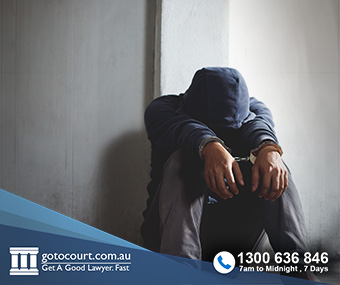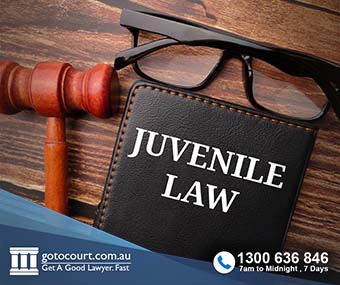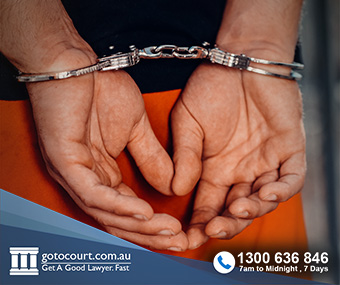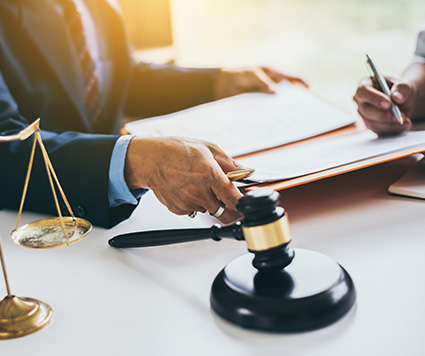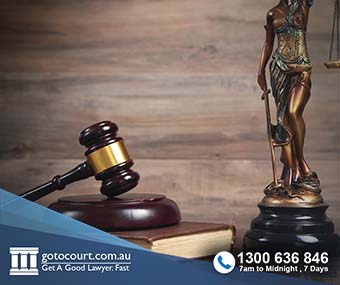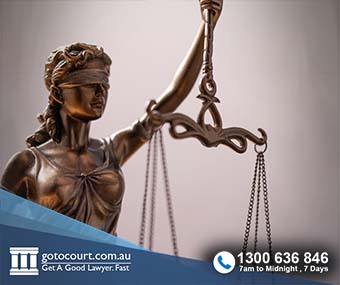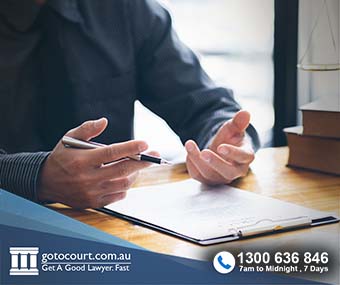Call our lawyers
now
or,
have our lawyers
call you
Voir Dires in Queensland
Updated on Dec 30, 2022 • 6 min read • 583 views • Copy Link
Voir Dires in Queensland
A voir dire is a court proceeding to determine whether evidence will be admitted or excluded at trial. A voir dire is a ‘trial within a trial’ and is held prior to the jury trial (in a Supreme or District Court matter) or prior to the hearing (in a Magistrates Court matter).
In the course of investigating criminal offences, police gather evidence. This may include conducting interviews with suspects, searching properties, obtaining CCTV footage or getting substances suspected of being illicit drugs, tested. In Queensland, the law governing how police must conduct these procedures is set out in the Police Powers and Responsibilities Act. Failure to comply with this act can result in a voir dire.
In the Supreme or District Court a voir dire is held before the judge, without the jury present. In the Magistrates Court, a voir dire is held before the Magistrate. If the evidence is found to be inadmissible, the Magistrate must hear the matter without regard to it. In other words, he or she is required to put the evidence out of his or her mind and proceed to hear the matter without it.
When is a the proceeding conducted?
A voir dire is conducted when a party requests it. The defence requests this when it seeks to have an item of evidence, which is prima facie admissible, excluded from the proceeding.
There is no inherent ‘right’ to a voir dire. The court must be convinced that there is a significant issue to be determined.
Why is a voir dire conducted?
The defence may run a voir dire to achieve any of the following outcomes:
- To determine whether evidence should be admitted or not;
- To determine whether evidence can be used against a person;
- To determine whether a witness is competent or compellable;
- To exclude evidence improperly obtained;
- To persuade the court to exercise its discretion to exclude evidence based on the circumstances under which it was obtained.
What sort of evidence can be the subject of a voir dire?
Voir dires may be run in relation to a number of types of evidence, but some common situations that lead to them are outlined below.
Admissions
The defence will often seek a voir dire where the defendant has made admissions that appear to have been involuntary. This most commonly happens during an interview with police.
In Queensland, the Police Powers and Responsibilities Act governs how police must conduct interviews with suspects. The act sets out the rights of suspects, including the right to silence (Section 397) and the requirement that police must ‘caution’ a suspect prior to attempting to interview them and must ensure that they understand the caution (Section 431). If the police failed to caution a suspect, the defence may run a voir dire on the interview to determine whether it is admissible. If the court is satisfied that the suspect wasn’t properly cautioned, it will exclude the interview from evidence.
Admissions can also become the subject of a voir dire because of a suggestion that they were made in response to coercion or intimidation. If police questioned a suspect when they were intoxicated, when they had not slept or eaten, or if they interviewed a suspect who was under the age of 18 without an adult present, this evidence would be likely to be excluded.
A voir dire on admissions involves cross-examination of the police or other people involved in obtaining the admissions. The defence may also call evidence, most often from the defendant.
Evidence obtained illegally
An item of evidence may become the subject of a voir dire if the defence believes that it was obtained illegally. This may be because police conducted a house search without a warrant or because they exceeded the scope of the warrant when they conducted the search.
A voir dire in this situation involves the cross-examination of the police members who conducted the search and the calling of evidence from anyone else who witnessed their actions, such as the defendant or family members.
Chain of custody has been broken
A voir dire will sometimes be required if the integrity of scientific evidence concerning the nature of a proscribed substance is in question. When police investigate drug offences, they are required to store and handle the substance in a particular way to ensure that the results obtained are reliable and there is no opportunity for the evidence to be tampered with or otherwise compromised. Every person who handled the substance must be able to give an account of how the evidence was stored and passed to the next person who dealt with it. This is known as the ‘chain of custody’.
If there is reason to think that the chain of custody has been broken in a drug matter, a voir dire will be needed. A voir dire in this situation gives the defence the opportunity to cross-examine everyone involved in handling and testing the substance and expose any failures to comply with procedures that may mean the evidence should be excluded.
Why are voir dires important?
In many cases, the exclusion of a piece of evidence during a voir dire can mean the difference between a finding of guilt and an acquittal.
From a public policy point of view, voir dires are important because they are a way for citizens and courts to hold police accountable. Legislation like the Police Powers and Responsibilities Act exists to protect the public’s civil liberties. Where police have failed to follow the rules and uphold a suspect’s rights, a voir dire can ensure that such behaviour does not go undetected and that police do not get away with flouting the rules in their eagerness to secure a conviction. Just as a criminal trial holds an individual accountable for his or her actions, a voir dire holds the police accountable for theirs.
It is important to identify any evidential issues in your criminal law matter as early as possible. If you need advice about a criminal matter, please contact Go To Court Lawyers.


Affordable Lawyers
Our Go To Court Lawyers will assist you in all areas of law. We specialise in providing legal advice urgently – at the time when you need it most. If you need a lawyer right now, today, we can help you – no matter where you are in Australia.How It Works








1. You speak directly to a lawyer
When you call the Go To Court Legal Hotline, you will be connected directly to a lawyer, every time.


2. Get your legal situation assessed
We determine the best way forward in your legal matter, free of charge. If you want to go ahead and book a face-to-face appointment, we will connect you with a specialist in your local area.


3. We arrange everything as needed
If you want to go ahead and book a fact-to-face appointment, we will connect you with a specialist in your local area no matter where you are and even at very short notice.



